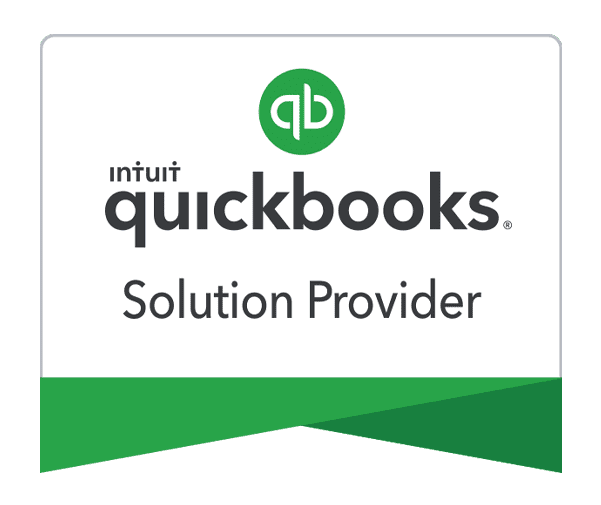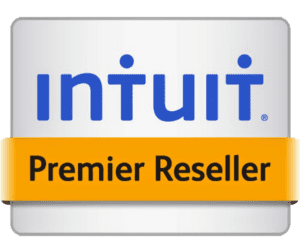QuickBooks Credit Card Processing: Top 7 Ways It Helps Businesses Grow

Paygration, Inc.
Nowadays, businesses rely heavily on technology to streamline their operations and enhance their financial management processes. QuickBooks, a popular accounting software, offers a comprehensive suite of tools to help businesses manage their finances effectively. One such tool is QuickBooks Credit Card Processing, which allows businesses to seamlessly accept credit card payments within the QuickBooks ecosystem.
In this article, we’ll explore what QuickBooks Credit Card Processing entails and delve into seven ways it helps businesses grow.
What is Credit Card Processing in QuickBooks?
Credit card processing in QuickBooks refers to the ability to accept credit and debit card payments directly within the QuickBooks platform. It streamlines the payment process by eliminating the need for manual entry or third-party payment processors. QuickBooks Credit Card Processing is integrated into the software, allowing businesses to invoice customers, accept payments, and reconcile transactions—all within a single platform.
Businesses can choose between using the native QuickBooks Payment integration or opting for additional flexibility with third-party payment gateway by Paygration. While the native QuickBooks Payment feature offers convenience, a solid third-party gateway provides added features and customization options, making it suitable for businesses with unique needs.
Learn how to process credit card payments in QuickBooks Online.
7 Benefits of Credit Card Processing in QuickBooks
1. Seamless Integration and Efficiency
Credit card payments in QuickBooks are synced seamlessly with the accounting software, eliminating the need for manual entry or switching between different systems. Businesses can generate invoices directly within QuickBooks and send them to customers via email. Customers can then pay these invoices online using their credit or debit cards. Once the payment is made, QuickBooks automatically records the transaction, updates the accounts, and reconciles the payment—all in real time. This streamlined process saves time and reduces the likelihood of errors, improving overall efficiency.
2. Faster Payments and Improved Cash Flow
Accepting credit card payments through QuickBooks accelerates the payment cycle, leading to faster cash flow for businesses. With the option to pay invoices online, customers can settle their bills instantly, rather than mailing checks or making bank transfers, which can take days to process. This speedier payment process helps businesses maintain a healthy cash flow, ensuring they have the funds needed to cover expenses, invest in growth opportunities, and meet financial obligations.
3. Enhanced Customer Convenience
Credit card processing in QuickBooks enhances customer convenience by offering multiple payment options. Customers can choose to pay invoices using their preferred credit or debit cards, providing them with flexibility and convenience. By accommodating various payment methods, businesses can cater to a broader customer base and improve satisfaction levels. Additionally, the ability to accept online payments makes it easier for customers to settle invoices from anywhere, at any time, further enhancing convenience.
4. Improved Accuracy and Security
By automating the payment process, users can reduce the risk of human error associated with manual data entry. Since transactions are recorded automatically, there’s less chance of inaccuracies in financial records. Furthermore, a third-party gateway from Paygration adheres to stringent security standards to protect sensitive payment information. Features such as encryption, tokenization, and fraud detection mechanisms ensure that customer data remains secure, instilling trust and confidence in both businesses and their customers.
5. Access to Valuable Insights
Through detailed reports and dashboards, businesses can track sales trends, monitor payment patterns, and identify opportunities for growth. These insights enable businesses to optimize their pricing strategies, target marketing efforts more effectively, and make informed decisions about inventory management and resource allocation.
6. Simplified Reconciliation
Reconciling payments is a critical aspect of financial management, ensuring that transactions are accurately recorded and accounted for. Processing credit card payments in QuickBooks simplifies the reconciliation process by automatically matching payments with corresponding invoices. This automated reconciliation eliminates the need for manual data entry and reduces the risk of discrepancies. Businesses can easily track outstanding payments, identify discrepancies, and reconcile accounts with minimal effort, saving time and improving accuracy.
7. Scalability and Flexibility
Whether a business operates on a small scale or experiences rapid growth, QuickBooks can scale with it. Additionally, businesses have the flexibility to choose between the native QuickBooks Payment integration or a third-party payment gateway solution by Paygration to meet their specific needs. Third-party gateways offer additional features, customization options, and competitive pricing, making them suitable for businesses with unique requirements.
Explore additional advantages of accepting credit card payments within QuickBooks.
Conclusion
Processing credit card payments in QuickBooks offers numerous benefits to businesses, from streamlining payment processes to enhancing customer satisfaction and improving financial management. Businesses looking to harness the power of QuickBooks credit card processing can contact Paygration for a free demo and consultation at 866-949-7267.
- accept credit card payments in quickbooksaccept credit card payments in quickbooks onlineaccept credit cards in quickbooksaccept payments in quickbooksaccept payments onlinequickbooks payment gatewayquickbooks payment integrationquickbooks payment processingthird-party payment integration for QuickBooks
















